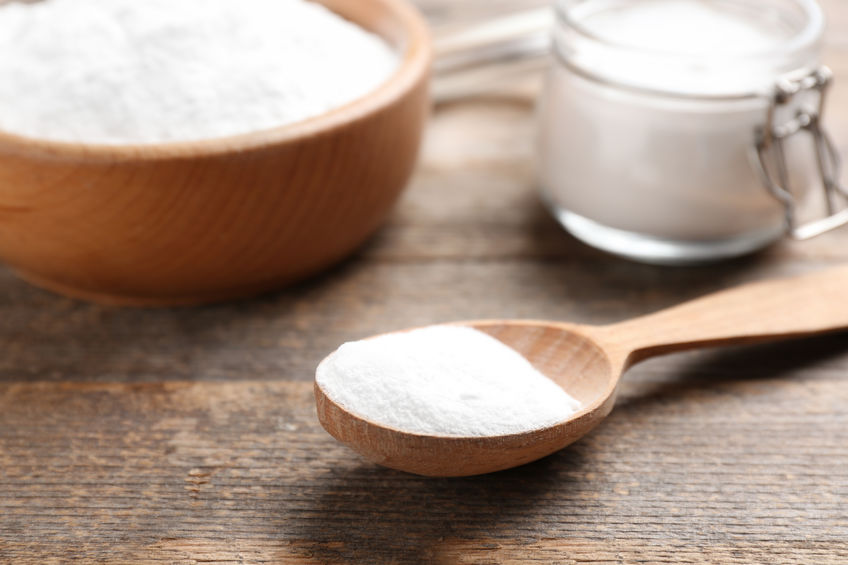
What Happens If I Use Baking Soda Instead of Baking Powder?
Baking is a science that involves combining various ingredients to produce chemical reactions and create delicious baked goods.
While innovation is always welcome in the world of baking, some ingredients in recipes are non-negotiable.
For example, if a recipe calls for baking powder, it’s not going to come out as intended if you use baking soda instead, and vice versa.
As an experimental home baker, you may have wondered what would happen if you use baking soda instead of baking powder.
Using baking soda instead of baking powder can greatly affect the outcome of your baked goods.
Baking soda requires an acidic ingredient or heat to activate, so if your recipe does not contain an acidic ingredient, your baked goods will not rise properly.
Using too much baking soda can also result in a bitter taste.
On the other hand, baking powder is a pre-mixed leavening agent that is activated by moisture and heat.
Using too much baking powder can result in a metallic taste and an overly fluffy texture in your baked goods.
It’s important to use the correct ingredient in your recipe to achieve the desired outcome.
While it may be tempting to experiment, substituting one ingredient for another can greatly affect the chemistry of your baked goods.
To avoid wasting your own time and ingredients, let’s take a look and find out…
The Difference Between Baking Soda and Baking Powder
Baking soda and baking powder are two common ingredients used in baking, but they are not interchangeable.
While they may seem similar, they have distinct differences that affect their use in recipes.
Baking soda is a pure sodium bicarbonate powder that requires an acidic ingredient or heat to activate.
When combined with an acidic ingredient like vinegar, lemon juice, or buttermilk, or when heated, baking soda reacts and produces carbon dioxide gas.
This gas causes dough and batter to rise and creates a light and fluffy texture in baked goods.
This 365 Everyday Value Baking Soda is perfect for your recipes.
On the other hand, baking powder contains baking soda as well as an acidic ingredient, usually cream of tartar, which is mixed with a dry stabilizer such as cornstarch.
This means that baking powder is a pre-mixed leavening agent that is activated by moisture and heat.
Baking powder provides a similar leavening effect as baking soda, but it is more convenient to use and is often preferred in recipes that do not contain acidic ingredients.
It’s important to use the correct ingredient in your recipe because substituting one for the other can greatly affect the outcome of your baked goods.
Using too much baking soda can result in a bitter taste, while using too much baking powder can result in a metallic taste.
Try this 365 Everyday Value Baking Powder next time you need to stock up.
In summary, baking soda is a pure sodium bicarbonate powder that requires an acidic ingredient or heat to activate, while baking powder is a pre-mixed leavening agent that is activated by moisture and heat.
To Keep Things Simple, Think Of It Like This

Baking soda and baking powder are two essential ingredients used in baking to add volume and leavening to recipes.
While they may seem interchangeable, there are some important differences to keep in mind.
Baking soda requires an acidic ingredient or heat to be activated, while baking powder contains baking soda as well as an acidic ingredient and can be used for leavening when mixed with water, reacting to heat in an oven.
It’s important to understand these differences because they can affect the outcome of your recipe.
If a recipe calls for baking powder and you use baking soda alone, your baked goods may not rise properly and could end up flat or dense.
Similarly, if a recipe calls for baking soda and you use baking powder, you may end up with a bitter or metallic taste in your baked goods.
So, be sure to follow the recipe instructions carefully and use the correct ingredient for the best results.
If you find that you’re out of baking powder and need a substitute, you can make your own by combining baking soda with an acidic ingredient like cream of tartar or lemon juice.


